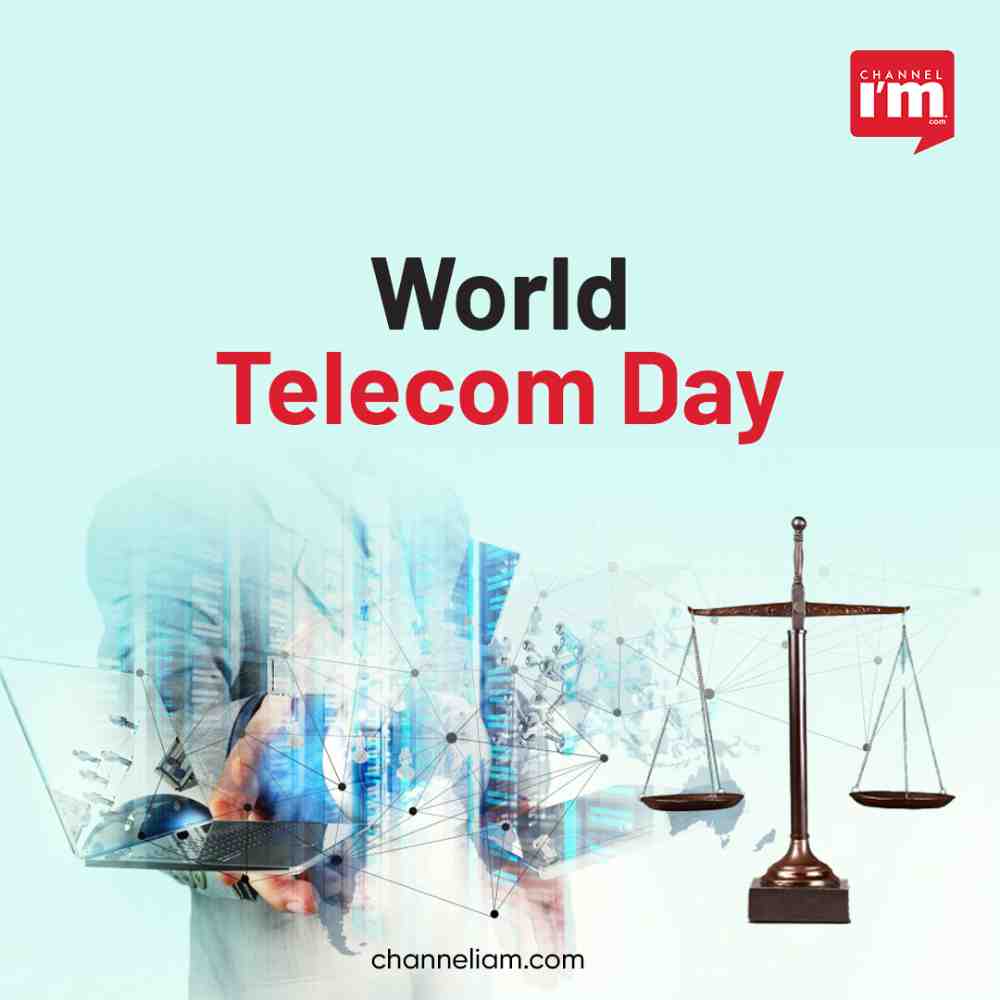World Telecom Day, celebrated annually on May 17th, serves as a reminder of the transformative power of Information and Communication Technologies (ICTs) in shaping our modern world. From the Internet to mobile phones, these technologies have revolutionised the way we connect, communicate, and access information. However, amidst the celebration of these advancements, it is crucial to acknowledge the existence of potential risks and scams that can undermine the positive impact of these technologies

The Dark Side of Technology:
While ICTs have undeniably enhanced our lives, they have also presented opportunities for malicious actors to exploit unsuspecting individuals. Scammers and fraudsters have adapted to the digital landscape, devising sophisticated techniques to deceive users and extract sensitive information or financial resources. From phishing emails and fraudulent websites to identity theft and online scams, the darker side of technology poses a significant threat to individuals’ financial security and personal well-being.
The Role of Telecommunication Companies:
Telecommunication companies play a crucial role in safeguarding their users’ interests. They are committed to implementing countermeasures and preventive measures to detect and mitigate scams. These measures include robust security protocols, advanced encryption techniques, and real-time monitoring systems. Telcos are continually investing in research and development to stay one step ahead of scammers, ensuring a safer digital environment for their customers.
The Importance of Individual Vigilance:
While telecommunication companies strive to protect their users, individual vigilance is equally essential in safeguarding against scams. Users must understand the risks associated with their online activities and adopt proactive measures to stay safe.
Here are some key practices to consider:
1. Stay Informed: Stay updated on the latest scams and fraud techniques through reputable sources such as government agencies, consumer protection organisations, and reliable news outlets. Awareness is the first line of defence.
2. Be Sceptical: Exercise caution when receiving unsolicited calls, emails, or messages. Verify the identity of the sender before sharing any personal or financial information. Remember, if something seems too good to be true, it probably is.
3. Protect Personal Information: Safeguard your personal information by using strong, unique passwords for each online account. Enable multi-factor authentication whenever possible to add an extra layer of security. Be cautious while sharing personal information on social media platforms, as it can be exploited by scammers.
4. Use Secure Networks: Avoid using public Wi-Fi networks for sensitive transactions or accessing confidential information. Utilise trusted and secure networks to minimise the risk of interception or data breaches.
5. Install Security Software: Install reputable antivirus and anti-malware software on all your devices. Regularly update the software to ensure it can detect and prevent the latest threats effectively.
World Telecom Day reminds us of the incredible advancements brought about by information and communication technologies. However, we must remain vigilant and aware of the potential risks that come hand in hand with these advancements. While telecommunication companies are working diligently to protect their users, individuals must also take responsibility for their online safety. By staying informed, adopting secure practices, and exercising caution, we can maximise the benefits of technology while minimising the risks. Let us celebrate World Telecom Day by embracing the positive changes brought by ICTs and nurturing a safer digital ecosystem for all.
